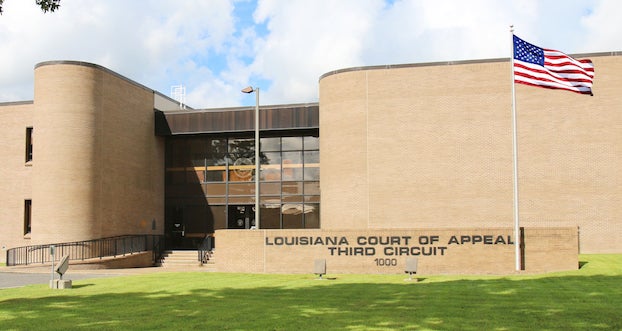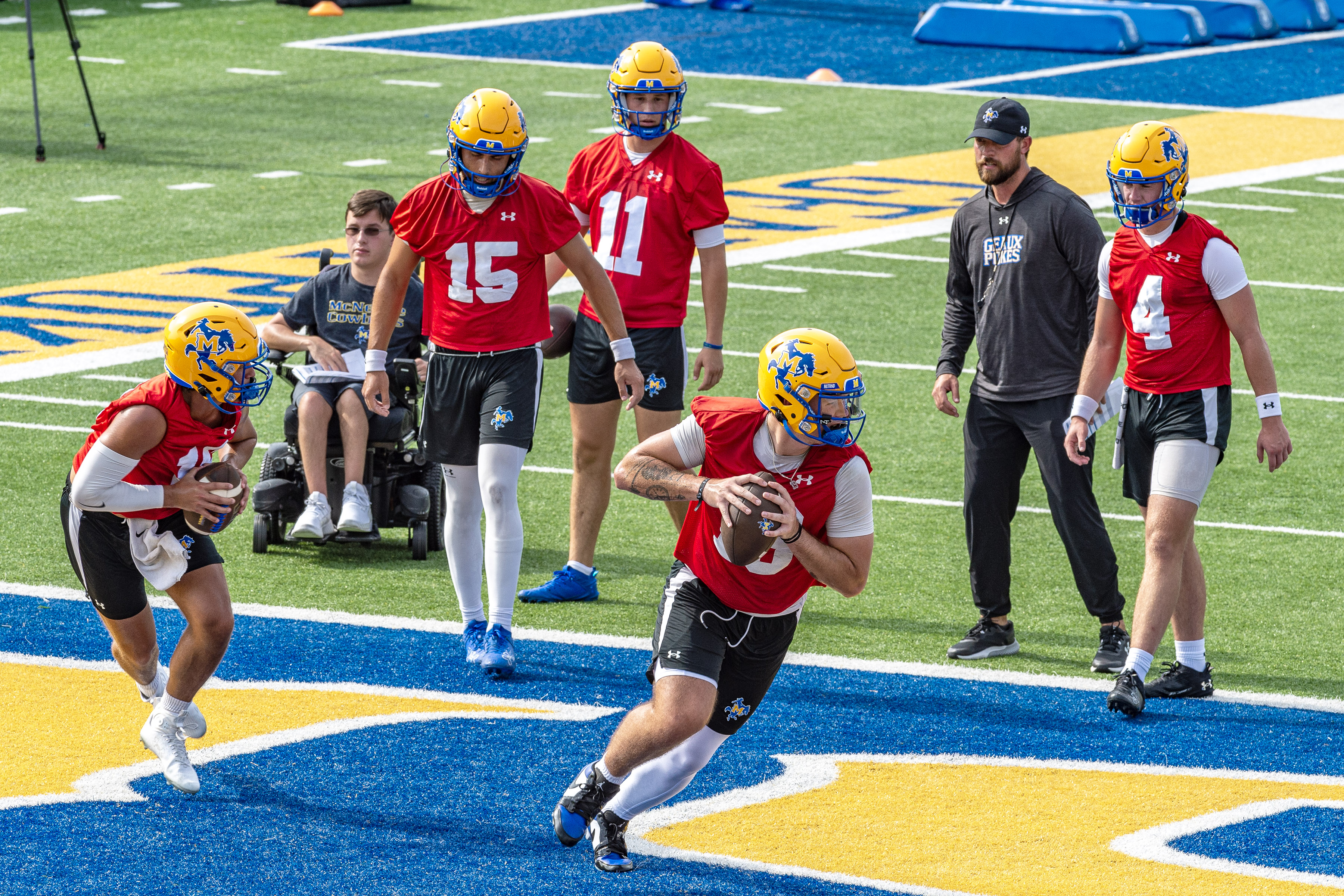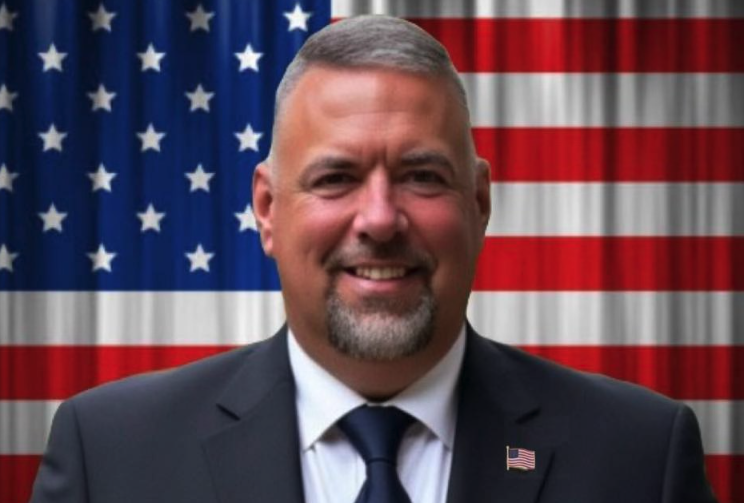Conviction stands for man charged with pornography involving juveniles
Published 4:21 pm Thursday, May 22, 2025

- The 3rd Circuit Court of Appeal serves 21 parishes in Southwest and central Louisiana.
The conviction of a Lake Charles man charged with computer-aided solicitation and child pornography possession will stand.
Travis Shane Ryan was convicted on Jan. 24, 2023, of one count of computer-aided solicitation of a minor, two counts of pornography involving juveniles, three counts of pornography involving juveniles under 13, and one count of possession of methamphetamine. He was also deemed a third habitual offender.
Ryan was sentenced to 10 years for solicitation, 20 years each for the two counts of pornography, and 60 years on each of the three counts of pornography involving juveniles under 13. Those sentences were ordered to be served concurrently to one another.
Trending
On the methamphetamine charge, Ryan was sentenced to four years without the benefit of parole. That sentence, however, is to run separate from the others.
The investigation into Ryan’s computer activities began when the National Center for Missing and Exploited Children notified the Louisiana Department of Justice that a Google user had uploaded images suspected of depicting child exploitation. After an initial review, Louisiana investigators issued subpoenas and obtained pertinent materials from Google. The materials included pornography depicting minor victims.
When authorities arrested Ryan, they found him to be in possession of methamphetamine. A search warrant of his phone also revealed it contained pornographic material involving minors.
Lisa Maher, a special agent with the Cyber Crimes Unit of the Louisiana Department of Justice, testified that Ryan’s email account was “flagged” for possible illegal content. A subpoena of the IP address and a search warrant of the account revealed it belonged to Ryan. Maher said an IP address acts like a phone number when one logs in to a computer.
Maher said she put the evidence Google gave her — which included the answer to the search warrant, user name, recovery email address, IP logins, emails, photos and chat room transcriptions on a thumb drive. When Calcasieu Parish District Attorney’s Office Deputy Chief of Litigation Charles Robinson introduced the thumb drive into evidence during the trial, the defense objected stating a separate witness from Google should have been called to testify regarding authentication and chain of custody. That motion was overruled.
Maher told jurors that while in a Google online chat room, Ryan was asked to provide a picture of a “young girl you into.” He responds, “OK” and sends a picture of a girl on a rope swing. Later in the same chat, he posts a picture of a bedroom, a picture of male genitalia and a picture of himself.
Trending
In his appeal to the Louisiana 3rd District Court of Appeal, Ryan claims the admission of certain evidence by Robinson should have been prohibited and that Robinson did not establish a proper chain of custody for the thumb drive. He also claims ineffective trial counsel.
“The admissibility of the USB was the issue the district court ruled on; however, the district court left open the option for Ryan to challenge the admissibility of individual documents contained on the USB as they were presented to the jury during the course of trial,” the appeal court wrote in denying the appeal. “Ryan did not do so.”
The court also ruled that any “defect in the chain of custody goes to the weight of the evidence, not its admissibility.”
In his second claim, Ryan argues the jury summons improperly indicated that persons with felony convictions could not serve on a jury, making the summonses “illegally restrictive.”
Instead of raising the issue in a motion to quash, trial counsel raised the issue after the verdict in a motion for new trial. Ryan claims, if it were not for counsel’s error in failing to file a motion to quash, he “would have been judged by a jury of his peers.”
The court found the claim of ineffective counsel “lacked merit.”





